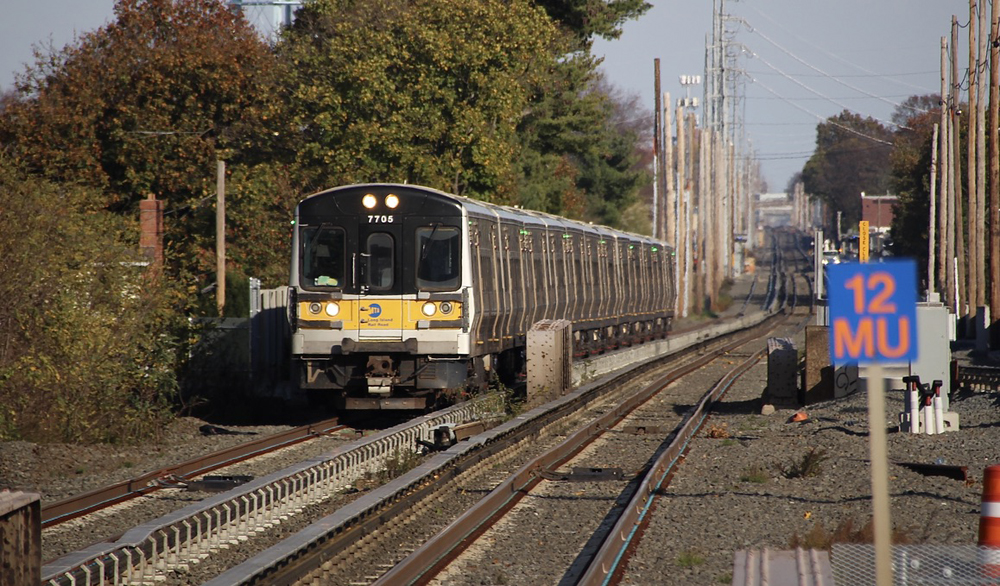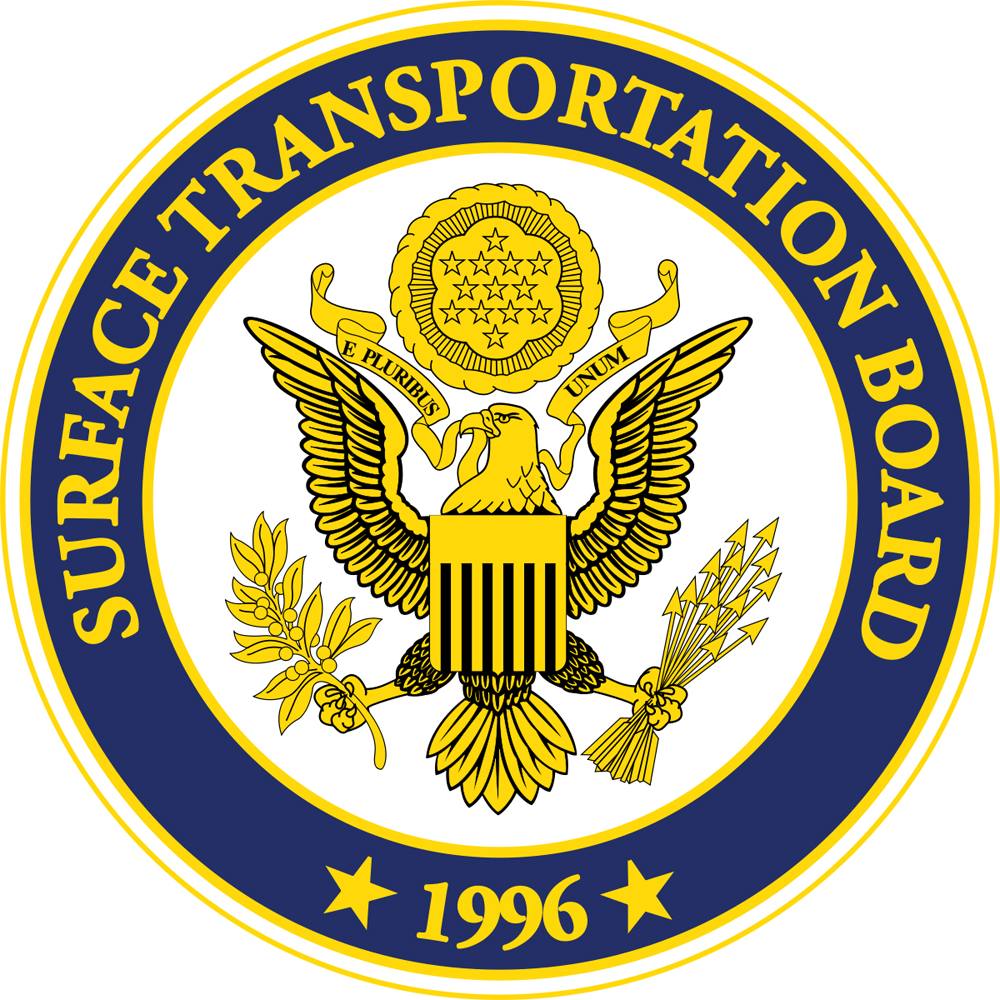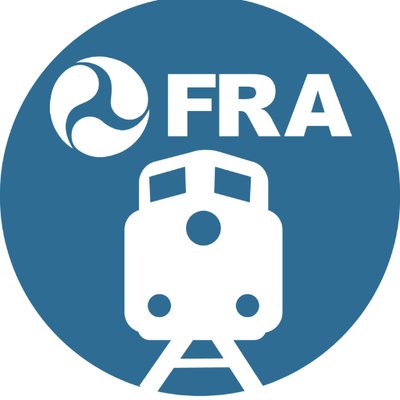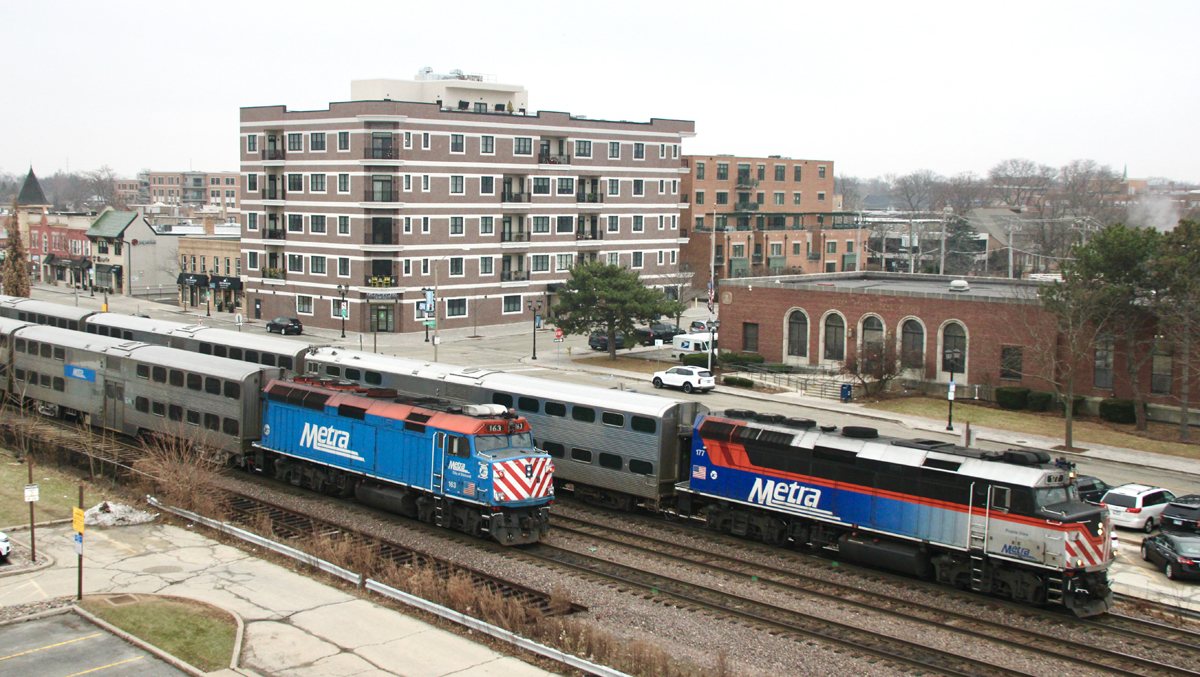
WASHINGTON — Legislation reintroduced in the House of Representatives seeks to encourage employer support by reestablishing a tax deduction for transportation fringe benefits.
The Supporting Transit Commutes Act, introduced in January, has bipartisan backing, with sponsorship from U.S. Rep. Mike Lawler (R-N.Y.) and Jake Auchincloss (D-Mass.) It reintroduces a bill, H.R. 9464, introduced by Auchincloss and three other House members last fall. That bill failed to advance out of committee.
The bill would allow full deductibility for employers who offer transit subsidies instead of pre-tax benefits. Employers who only offers a pre-tax option are eligible to deduct 50% of the amount withheld.
“The Supporting Transit Commutes Act will help employers provide critical transit benefits, reducing costs for commuters and making it easier for families in my district and across the country to get by,” Lawler said in a press release. Said Auchincloss, “The goal of the Supporting Transit Commutes Act is simple: increase transit ridership. Legislation like this can help kickstart a virtuous cycle of more riders, reduced traffic, and enhanced investment in walkable downtowns.”














Hundreds of billions of tax dollars (not gas tax $$) to subsidize drivers & the trucking industry ….indefensible!
I’m shocked! The House has actually introduced a meaningful piece of legislation, but we’ll see how far it gets. Now that they suddenly want everyone back in the office but what if everybody calls their bluff & returns there would go the idea of the covert layoff plan…. HaHa!
State and Federal governments have spent billions on the allowance of suburban home ownership, through transit and subsidized mortgages.
Now they are telling the country, “you paid for this, so either use it, or get a new gig”.
Corporations have spent millions developing expensive real estate in the city centers to maximize productivity, where a large number of employees can co-locate without driving.
Now they are telling their employees, “we paid for this, so either use it, or we will find someone else who will”.
Employees and tax payers are saying, ” I want maximum flexibility, use transit when it suits me, work from home when it suits me, live any distance I want from my employer as it suits me”.
Jimmy Carter called the federal tax code a disgrace. He was right. And I have to wonder how much more complicated the tax code has become since Jimmy said that around the time he emerged from state to national politics in the 1970’s.
Each of us, Galen, could come up with a long list of ways the tax code could be used to manage the economy or to micromanage America. (One example among countless, Manhattan congestion tolling.) You, Galen, could make such a list, John Rice could, and I could. And we may be right, each of us. But where does it stop?
Metra (RTA) started this in Chicago with the downtown employers. At the time Metra didn’t take electronic payments, so my employer would cut us a special check made out to the carrier of choice (at the time Chicago & Northwestern) and we would have to get our passes with the check at a window with an agent.
It has been updated and streamlined a great deal since then. But I remember how much our employer pushed it when the tax benefits were put out there. It was tremendously successful and the take rate was very high.